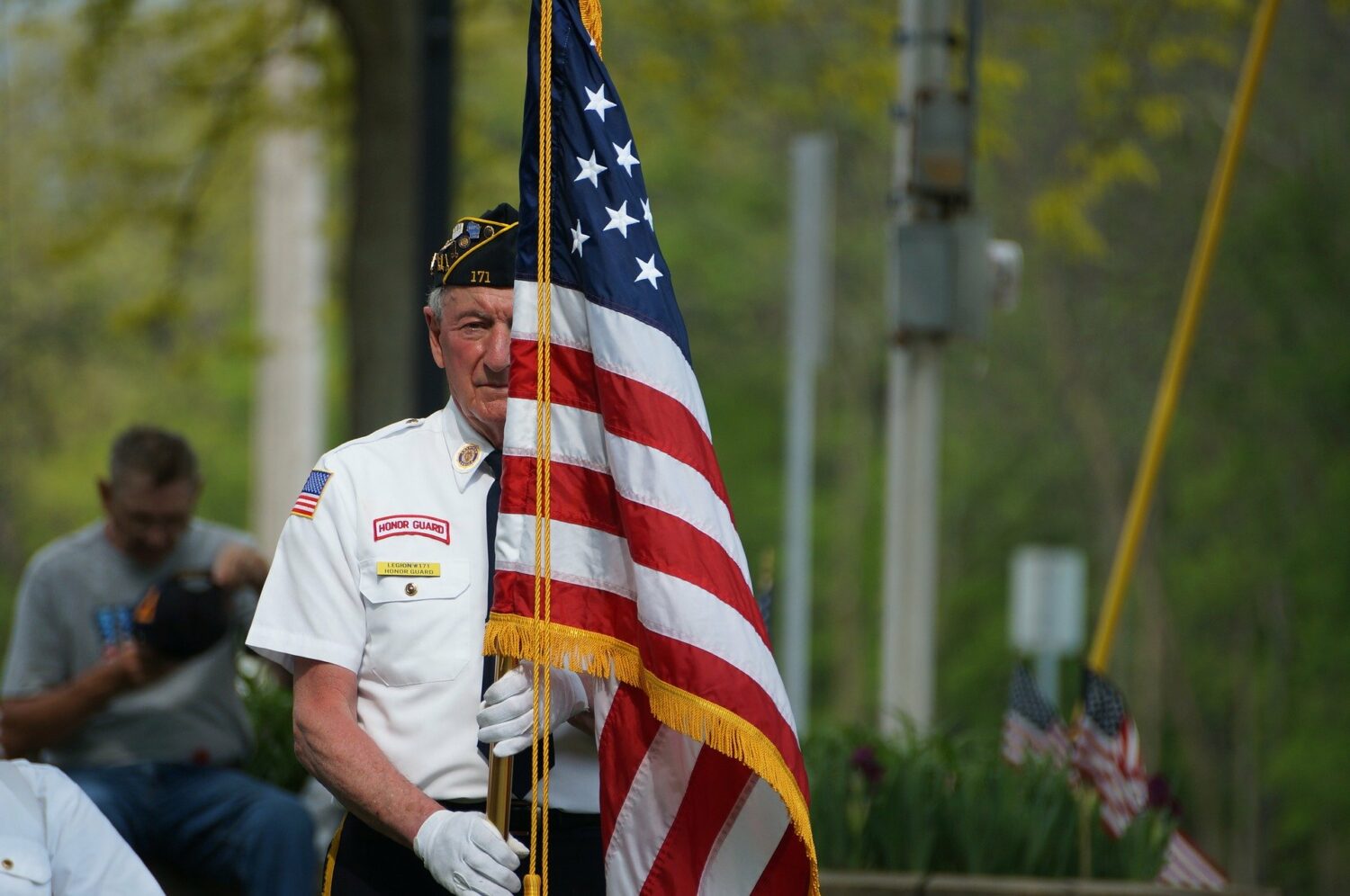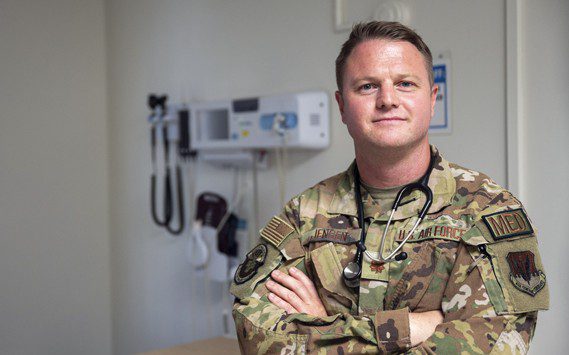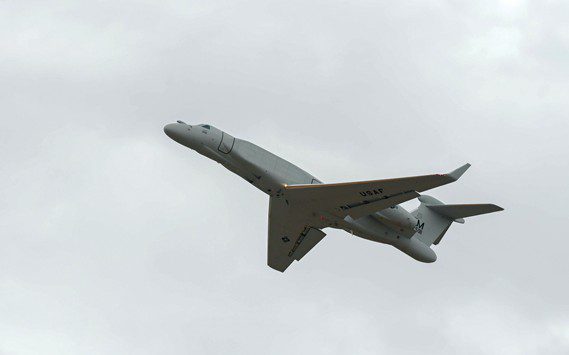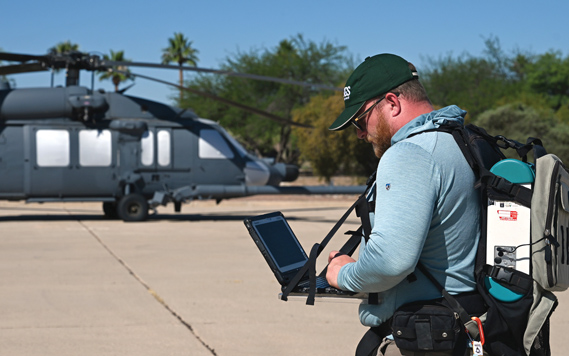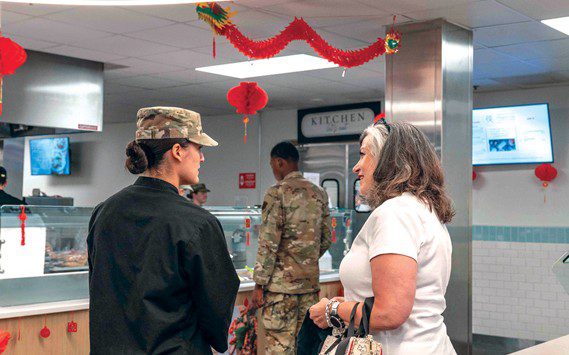Editor’s note: This commentary was first published May 25, 2014.
DOVER AIR FORCE BASE, Del. — “Honorable.” That was the word used to describe the kind of work I would be involved in at Air Force Mortuary Affairs Operations at Dover Air Force Base, Delaware.
It made sense, so I began to use it. When people would ask me where I was deploying, and I answered, they would usually say something like, “Oh. That will be tough.” I would say, “True, but it will be honorable work.” Not long after my plane touched down on the east coast, I saw with my own eyes just how honorable it is.
After checking into lodging, getting into my uniform, and having a quick dinner, we formed up with the team that would be participating in the dignified transfer that evening — an advanced echelon team, a carry team, a family support team and a public affairs team. There were others involved, of course, many behind the scenes making sure this ‘no fail mission’ was flawlessly executed. The longer I have been here, the more I have seen the great care taken by the AFMAO team to ensure our fallen heroes are treated with dignity, honor and respect as they are returned to the United States, and as they transition to their final resting place.
Honorable work.
In fact, “dignity, honor and respect for the fallen” is the AFMAO mission. From the preparation on the plane for the dignified transfer, to the solemn movement as they carry the flag-draped transfer case, to the impeccable care provided to the service member at the mortuary readying them for burial, to the support provided to the family, this team fulfills its mission.
There is something sacred in the way the living care for the dead. In a society that values life, we care for those whose lives have come to an end. At AFMAO, a dignified transfer is not just an empty ritual. For those who have died fighting to protect our nation, we treat them with the utmost respect. Why? Because they were a person with great value. Because they were a special individual; among all humans they were unique. Because they were “fearfully and wonderfully made.” From a chaplain’s perspective, they were loved by God and still are. And, because they have given us a gift — the ability to keep living and loving in this great country.
In 2004, in Balad, Iraq, I was on the other end of this process. At the first Air Force Theater Hospital since Vietnam, we had an amazing medical team that saved many lives. Unfortunately, not everyone survived their injuries. They went home from Operation Iraqi Freedom as heroes and there was a solemn movement to carry the deceased to the plane where they would eventually come to AFMAO. We called them “Patriot Missions.” Every individual on that detail showed the same honor to the person that they do here. Isn’t that what we, the living, owe to those who have given their lives for this nation? For us?
The second part of the AFMAO mission is “care, service and support for the families.” There were a few family members and friends present during my first dignified transfer and there have been more since. They come together in our Center for the Families of the Fallen and are escorted to the plane to witness the return of their loved one. The depth of grief and pain they feel is known only to those who have had to go through it. We try to prepare them for the emotional impact of what they will see. It is hard. In caring for the families, our team honors them and their sacrifice. It is a sacrifice that no one should have to make — living without their loved one who died defending our nation.
Just yesterday, a dozen of us went to a local cemetery to place flags at all the veteran’s tombstones. A few hundred were buried there. Though most had died after their military service, some had died during a time of war. World War I, World War II, the Korean War and the Vietnam War. How many over the years paid this price? Too many. I thought of all those who cared for the fallen members and their families years ago. How did they honor them? I am thankful for their sacrifice. Isn’t that at the core of our focus on Memorial Day? We express gratitude for the gift they gave which means life for us to enjoy for a time. How many more will pay this price? We do not know the answer to that question. I have found myself praying more for peace these days. But I am reminded of the words of Ecclesiastes 3, “For everything there is a season, and a time for every matter under heaven … a time for war and a time for peace.” The AFMAO team would like to never have to do their job, but they are ready to do what is required of them when needed — and they do it with honor. Honorable work, indeed.






